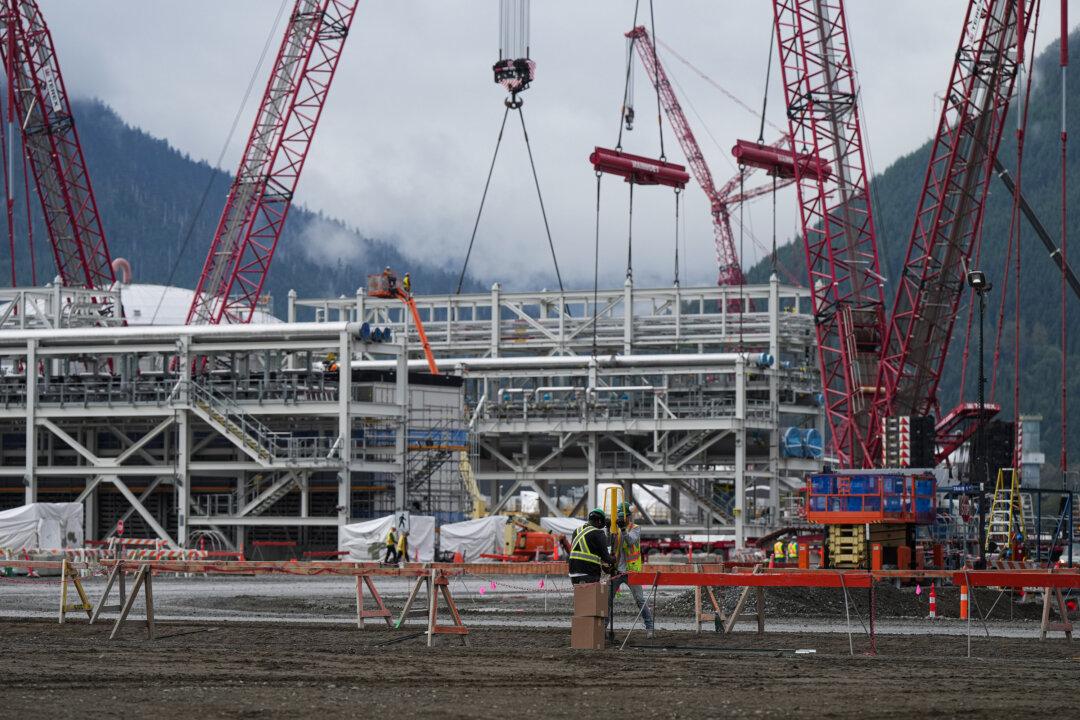The Fraser Institute think tank has released a new study that documents the current state of energy subsidies in Canada and makes recommendations for reform of what it calls “complex and contentious debates.”
The study states that Canada participates in “an international, intergovernmental effort to phase out inefficient fossil fuel subsidies,” but defining what constitutes an inefficient subsidy or measuring the size of subsidies has been left to individual governments.





